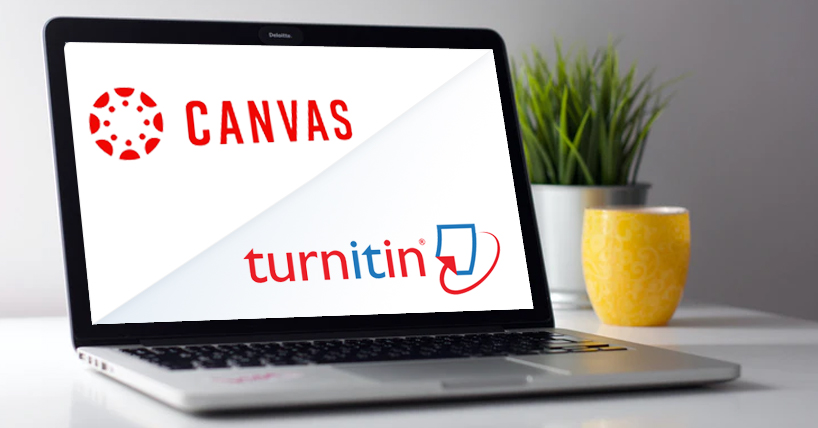Turnitin
NEW: A vision for education and skills at Newcastle University: Education for Life 2030+
Turnitin at Newcastle University
Turnitin Feedback Studio is a software program which allows digital submission of assignments to be checked for similarity and marking and feedback to be provided online.
The similarity check searches a huge database of journals, past student work and much of the internet to find strings of text which match with a piece of student work. When a student submits a piece of work to Turnitin a report showing these matches is produced. This can then be assessed to see if the matches are common phrases, correctly referenced, or not correctly referenced and require follow-up with the student.
Marking Assessment Online
Turnitin Feedback Studio enables you to mark assignments online. Libraries of assignment feedback can be created and added to students' work alongside free-form comments. Marking criteria can be integrated into the software providing a clear indication of how a student has done on each strand of the rubric.
A Canvas assignment can include a Turnitin similarity check and allows for more complex marking workflows.
'Turnitin Feedback Studio allows us to provide more consistent feedback through the use of comment libraries, which is beneficial when there are multiple markers. We can provide students with feedback that is linked to the marking criteria, allowing them to determine what they have done well and continue to do, and what they can improve on. Students value the rubric to understand why they have received a specific mark, and report an increased perception of fairness and transparency. Students like that they get more detailed and more positive feedback.'
Dr Alison Graham and Dr Sara Marsham, School of Natural and Environmental Sciences.
Turnitin and AI
Turnitin have recently released an AI writing detection tool that claims to show how much of a submitted document has been AI generated. However, like many other institutions in the sector, Newcastle University have switched this off by default. There are numerous concerns surrounding the tool's efficacy, impact on academic integrity standards, and the lack of testing time prior to release.
Students value the rubric to understand why they have received a specific mark, and report an increased perception of fairness and transparency. Students like that they get more detailed and more positive feedback.



